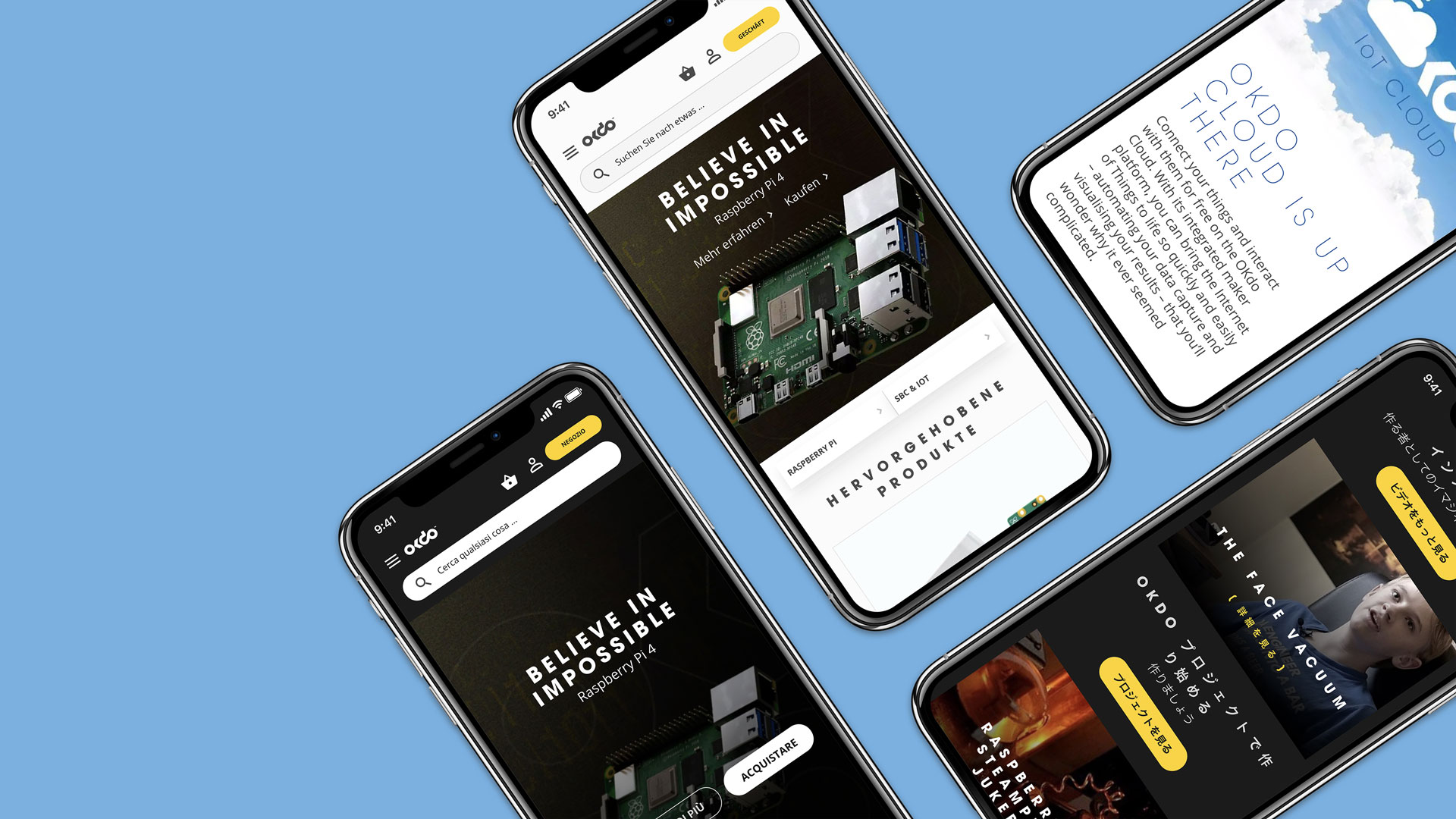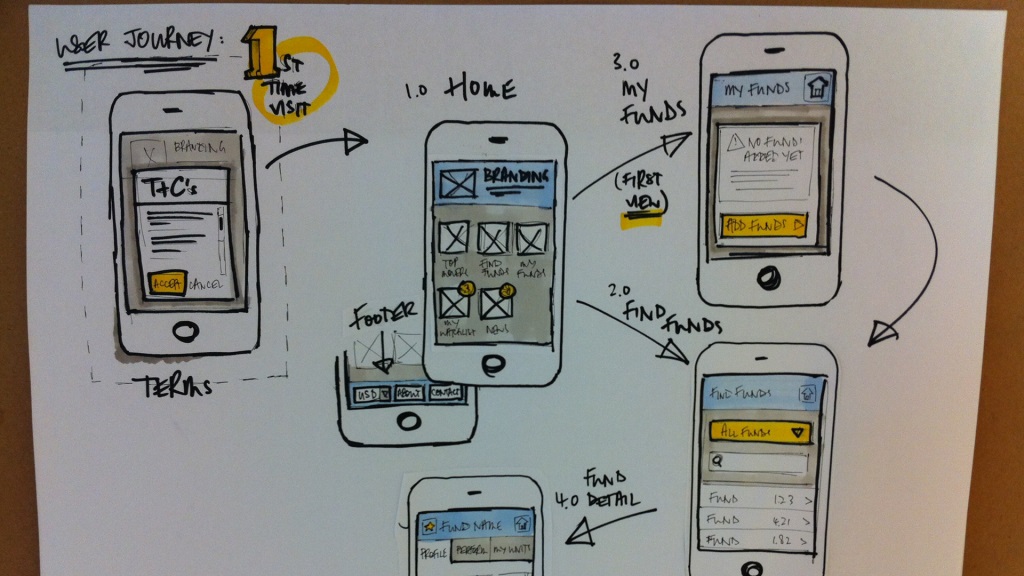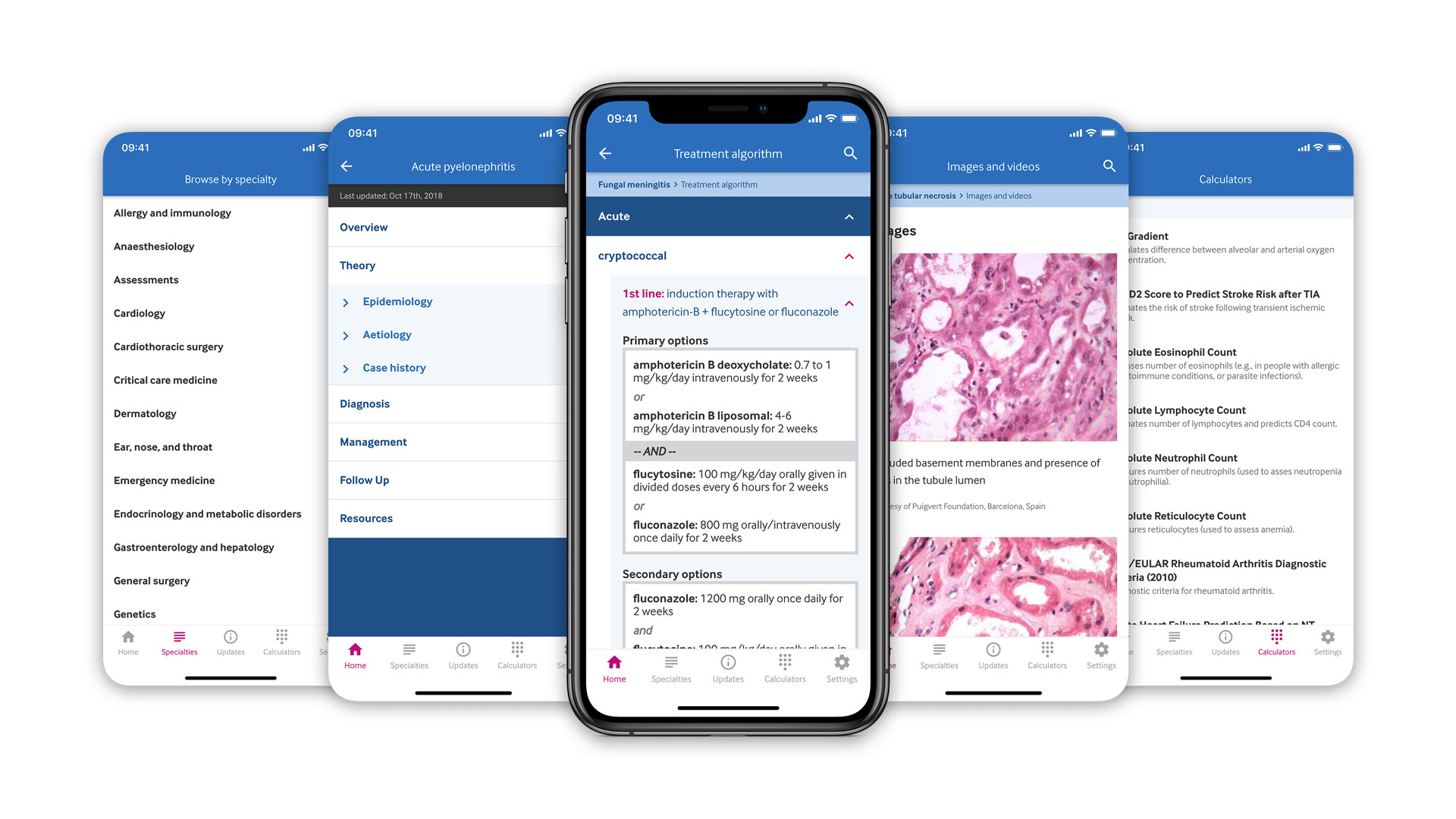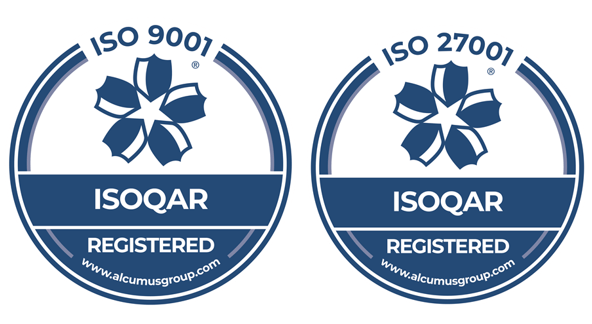Flexible, responsive cross-platform mobile development, for exceptional and intuitive multi-channel experiences.
From native and hybrid applications to responsive frameworks and connected cross-channel experiences, our mobile software development services will deliver you high-quality solutions that extend your reach, attract customers, encourage interaction and increase your conversions.

Our services
Creating an effective, high-impact multi-platform experience is about so much more than the technology you use, and Box UK’s experienced software consultants and developers take a holistic approach to deliver a solution tailored to your needs.
User research techniques enable us to build a clear picture of the specific motivations, behaviours, expectations and constraints of your users across different devices – from mobile to desktop, voice interface to out-of-home touchpoints – and understand how users journey across and between different channels to achieve their goals.
Using this information, our analysts and consultants will define a mobile development roadmap that ensures your products and services are available when and where users want them, and supports your wider digital transformation aims. With extensive cross-sector experience they’ll also keep one eye on the future, predicting how emerging technologies and trends may change behaviours and enabling you to respond accordingly.
A User Centred Design (UCD) approach translates your mobile vision into reality, with information architecture and user interface designs delivered as lightweight prototypes for rapid testing and iteration, to validate decisions and ensure a consistent and accessible user experience across devices. Visual design concepts strengthen and enhance this experience, ensuring that users can find what they need quickly and intuitively, regardless of screen size.

Robust coding standards and a proven Quality Assurance process safeguard the quality of all development deliverables, while our expert, technology-agnostic development team will ensure you get a solution that uses the most appropriate tools and languages available to meet your needs:
Responsive solutions
Manage the proliferation of channels and devices and cater for limitless usage contexts with a responsively-designed site that detects what device is being used and adjusts accordingly. Maintain control of your audience’s experiences with your site no matter how they’re viewing it by tailoring the content, images and functionality for optimal performance and across devices, and future-proof your mobile strategy by designing for the most popular screen sizes to guarantee that primary user needs are met, while still allowing numerous other devices to easily access content.
Native applications
Take advantage of mobile’s interactive features such as geo-location, touch-screen capability and SMS with progressive native applications. Our development team contains specialists in all major mobile platforms including iOS and Android, with experience creating engaging apps across mobile, tablet and more, while ongoing maintenance and monitoring ensures your apps remain up-to-date and react to the latest advances, with clear reports that filter through data and discover real opportunities for improvement.
Hybrid cross-platform applications
A rapid, cost-effective way of delivering mobile apps, hybrid application development requires the creation of just a single web application that is then automatically wrapped in a native function to enable it to be submitted to multiple platforms (such as those based on iOS and Android operating systems). This approach speeds up time to market, while retaining the necessary flexibility to introduce new mobile-specific features and functionality in line with your wider strategic roadmap.
Why Box UK?
With a track record like ours, you can trust in our ability to deliver. Box UK has extensive experience in delivering exceptional mobile development solutions, across a range of industries including finance, healthcare and business services.

Here are just some examples of mobile projects we’ve delivered:
- Helping TBC Bank grow their customer base by 275% in just two years through the delivery of an award-winning multi-channel experience.
- Transforming Investec Asset Management’s digital platform into a responsive service in just 24 weeks from start to finish.
- Opening up a valuable revenue stream for quality-of-life services provider Sodexo through a new hybrid mobile Discounts app, delivered in just eight two-week sprints thanks to a hybrid mobile development approach.
- Enabling medical professionals to access critical clinical information 40% faster than before through BMJ Best Practice, a cross-platform mobile app that was rebuilt from the ground up by Box UK’s mobile development experts.
Cross-platform mobile development technologies
Frameworks and libraries
Providing well-tested, reliable code for common functionality.
Frameworks and libraries commonly used on projects are those designed to provide an overall structure to the codebase, often in an Model-View-Controller (MVC) architecture, or to provide an Object-Relational Mapper (ORM).
- Angular – JavaScript framework
- Cordova – mobile hybrid app development platform
- Ionic – mobile hybrid app development platform which is built on top of Cordova and Angular
- React Native – an open-source mobile app framework used to develop applications for Android, iOS, Web and UWP
Testing and quality
Ensuring code meets our standards of quality.
- Jasmine – behaviour-driven JavaScript testing library
- Karma – test running environment for JavaScript
- BrowserStack – cloud-based automated testing platform covering more than 2,000 real mobile devices, browsers and operating systems
- Robot Framework – test automation framework for acceptance testing and acceptance test-driven development
- Appium – used together with Robot Framework and BrowserStack CI to provide immediate feedback on compatibility with Android and iOS devices
- ESLint and TSLint – static code analysis tools
Best Practices for Mobile Apps / Sites
Infrastructure Solution of the Year
Sodexo
As part of Sodexo’s ongoing development roadmap, a mobile discounts app had been identified as a key strategic priority. Required within extremely tight timescales, Box UK worked quickly to collaboratively define a Minimum Viable Product (MVP), along with a roadmap of longer-term improvements.
Using Agile methodologies, a cross-platform mobile app was delivered in just 8 two-week development sprints. Initial response to the application has surpassed Sodexo’s expectations with over 14,000 active users and 20,000 purchases since launch, proving it as a valuable revenue-generation stream for the client.
Investec
TBC Bank aims to provide the best multi-channel experience in the region, and has relied upon Box UK to deliver a number of projects that support this goal.
Over the years, we’ve implemented a programme of strategic User Experience (UX) & Design activity to enhance and extend TBC Bank’s multi-channel banking services, including introducing the first native iPad banking application in Georgia and implementing a dedicated smartphone app, as well as delivering a smart, sophisticated and highly usable internet banking portal.
FAQs
What is the difference between native and cross-platform app development?
Native app development involves programming separate apps for each operating system (e.g. iOS, Android). Cross-platform mobile app development, by contrast, typically involves creating a single web app and automatically wrapping it in a native wrapper that enables it to be submitted to multiple platforms (including iOS and Android) after only needing to develop it once. This approach is also commonly known as ‘hybrid app development’.
What are the advantages of each type of app development?
Native app development delivers the greatest levels of performance and integration with the underlying devices, but also incurs the highest level of costs. If you are only targeting a single platform (e.g. iOS) or are producing a performance/animation intensive app (e.g. a mobile game), then natives is the way to go.
Cross-platform or hybrid app development enables the use of widely available web development skillsets to produce its applications. This allows for very fast development times as the app is only developed once, but deployed to multiple platforms; however, it does have reduced levels of performance on devices.
Another approach to delivering mobile solutions is responsive design, that detects what device is being used and adjusts accordingly. A key benefit of this approach is the flexibility to target a much wider range of devices, however you may miss out on device-specific functionality.

